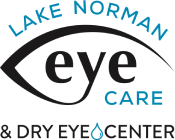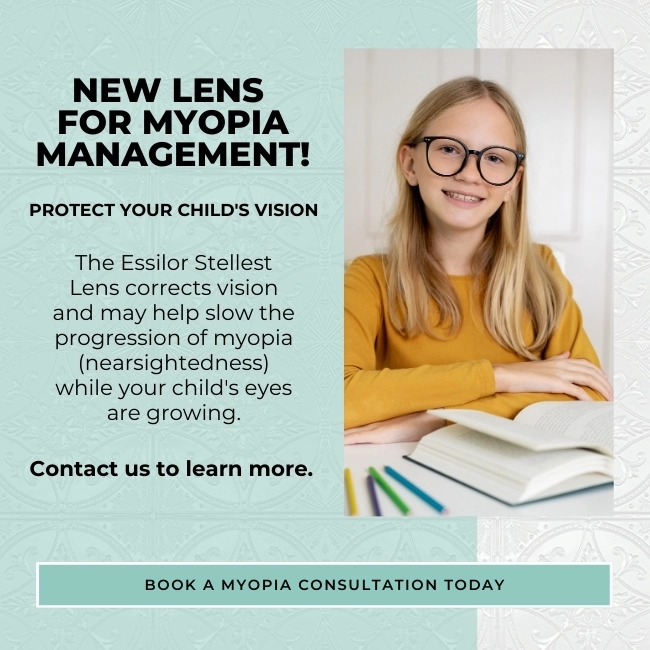In the realm of vision correction, LASIK (Laser-Assisted In Situ Keratomileusis) stands as a beacon of hope for those seeking freedom from the shackles of glasses and contact lenses. Yet, amidst the allure of clearer vision lies a veil of uncertainty – who exactly is a candidate for LASIK? Let’s embark on a journey to unravel the myths and misconceptions surrounding LASIK candidacy and shed light on who can benefit from this transformative procedure.

Understanding LASIK: A Visionary Solution
LASIK surgery is a revolutionary procedure that corrects common refractive errors such as nearsightedness (myopia), farsightedness (hyperopia), and astigmatism. By reshaping the cornea with a laser, LASIK can improve visual acuity and reduce dependence on corrective eyewear, offering newfound clarity and freedom to millions worldwide.
Myth vs. Reality: Dispelling Common Misconceptions
Myth #1: LASIK is only for severe vision problems.
Reality: LASIK can correct a wide range of refractive errors, from mild to moderate to severe. Even individuals with astigmatism or presbyopia (age-related difficulty focusing up close) may be candidates for LASIK or other refractive surgery options.
Myth #2: LASIK is only for young adults.
Reality: While LASIK is commonly associated with younger adults, individuals of all ages may be candidates for the procedure, provided they meet certain criteria. Age alone is not a determining factor for LASIK candidacy – factors such as eye health, prescription stability, and overall health play a more significant role.
Myth #3: LASIK is not suitable for individuals with certain eye conditions.
Reality: While certain eye conditions may preclude individuals from undergoing LASIK, many common conditions can be successfully treated with LASIK or other refractive surgery options. Conditions such as dry eye syndrome, thin corneas, and mild cataracts may require additional evaluation but do not necessarily disqualify someone from LASIK candidacy.
Who Is a Candidate for LASIK?
While LASIK candidacy is determined on a case-by-case basis, several key criteria are typically considered:
1. Refractive Stability: Candidates for LASIK should have stable vision for at least one year prior to surgery, as significant fluctuations in vision may impact surgical outcomes.
2. Overall Eye Health: Candidates should have healthy eyes, free from conditions such as glaucoma, cataracts, or severe dry eye syndrome, which may affect surgical outcomes.
3. Corneal Thickness: Adequate corneal thickness is essential for LASIK surgery, as the procedure involves reshaping the cornea. Candidates must have sufficient corneal thickness to safely undergo the procedure.
4. Realistic Expectations: Candidates should have realistic expectations about the potential outcomes of LASIK surgery and understand that while the procedure can significantly improve vision, it may not achieve perfect vision or eliminate the need for glasses or contacts entirely.
Seeking Professional Guidance
Ultimately, determining LASIK candidacy requires a comprehensive evaluation by an experienced eye care professional. During a LASIK consultation, Dr. Angela Harris and Dr. Mason Williams at Lake Norman Eye Care in Mooresville, NC will assess your eye health, review your medical history, and discuss your visual goals and expectations to determine whether LASIK is the right choice for you.
Conclusion
In the landscape of vision correction, LASIK shines as a transformative solution for those seeking clearer vision and greater freedom from glasses and contacts. By dispelling myths and understanding the criteria for LASIK candidacy, individuals can embark on a journey toward visual clarity with confidence and clarity. Remember, when it comes to LASIK candidacy, personalized evaluation and expert guidance are paramount to achieving the vision of your dreams.



